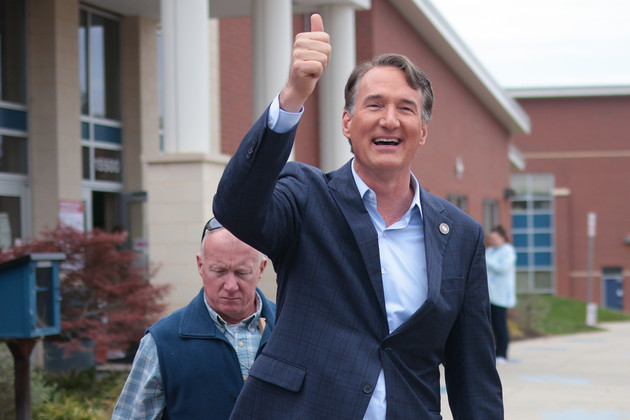
Virginia Governor Glenn Youngkin vetoed legislation aimed at establishing a legal marijuana market in the state, effectively halting efforts to expand cannabis legalization. Despite existing laws allowing adults to possess and cultivate cannabis at home, the proposed bill sought to implement commercial sales. Governor Youngkin cited concerns about public health and safety, emphasizing the persistence of the illegal black market and insufficient product safety guarantees. Pro-legalization advocates expressed disappointment, highlighting the veto’s potential impact on community safety and the proliferation of illicit products. With negotiations over a stadium deal failing to influence the decision, advocates anticipate continued efforts to push for adult-use sales in future legislative sessions. Meanwhile, neighboring Washington, D.C., secured a long-term deal to retain professional sports teams.
Analysis: Governor Youngkin’s veto reflects ongoing debates surrounding cannabis legalization, balancing public health concerns with economic and regulatory considerations. The decision underscores divergent perspectives within the political landscape, with Republicans prioritizing safety measures over market expansion. Proponents of legalization emphasize the potential benefits of regulated sales, including revenue generation and harm reduction. The failure of negotiations over the stadium deal suggests the limitations of using legislative bargaining chips in contentious policy arenas. As advocacy efforts persist, the outcome of future discussions will shape the trajectory of cannabis policy in Virginia.
COMMENTS